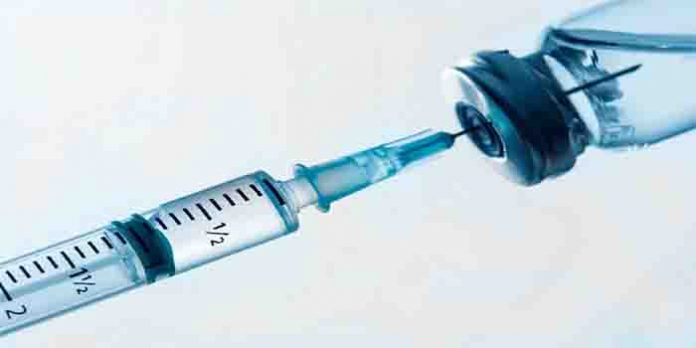AstraZeneca and Oxford University, who recently released results of the clinical trials for their COVID-19 vaccine candidate, on Wednesday, 25 November, acknowledged that there had been a manufacturing error that led to the 90 percent effectiveness of the shot, news agency AP reported. The problems in the drug’s efficacy that could arise due to this error is still unclear.
The drug manufacturer on Monday said that its potential coronavirus vaccine, which is being developed with Oxford University, has shown more than 70% overall efficacy in a third phase interim trial. A group of volunteers in the AstraZeneca trial received a lower dose of the vaccine candidate than the others who got two full doses. In the lower dose group, AstraZeneca said that the vaccine appeared to be 90% effective. For those who took two full doses, the vaccine was just 62% effective. In combination, the vaccine turned out to be 70% effective, the drug maker said.
Monday’s announcement of the partial results were based on ongoing studies in the United Kingdom and Brazil that were trying to establish the optimal dosage, the efficacy, and safety aspects. In a statement on Wednesday, Oxford University said that some of the vials did not have the right vaccine concentration, which led to a few of the volunteers receiving a half dose. The university also said it had spoken to regulators, and decided to complete the late-stage trial with two groups. The manufacturing was corrected, AP reported, citing a statement. However, experts said that a relatively small number in the low dose group will make it difficult to ascertain the actual efficacy of the vaccine candidate or a statistical anomaly. Around 2,741 people received half the dose, followed by a full one, the company said. On the other hand, 8,895 people received two full doses of the vaccine candidate.






















